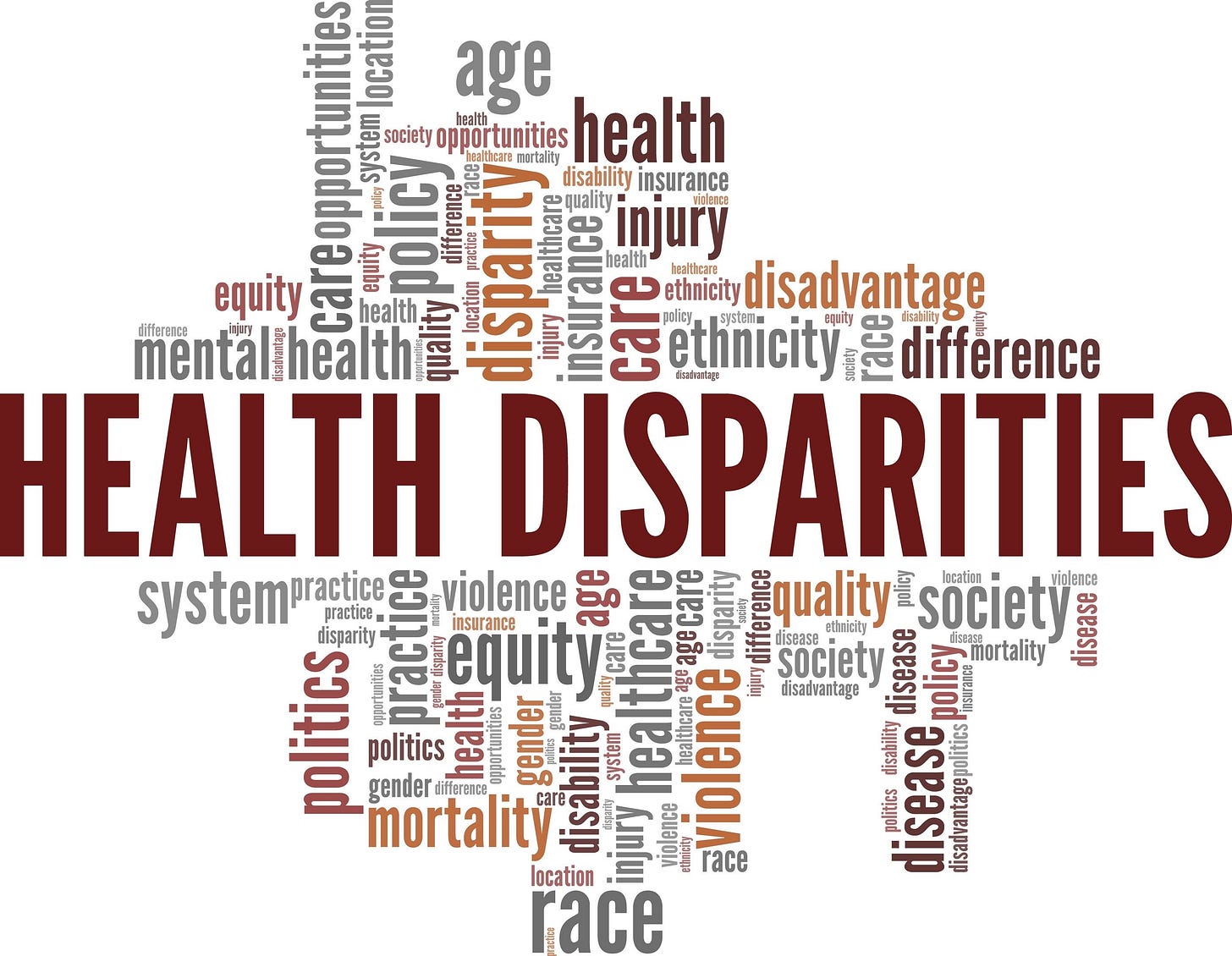E-Pluribus | January 11, 2023
The pursuit of truth; should climate change be on the menu?; and the health implication of race as a "social construct."
A round-up of the latest and best writing and musings on the rise of illiberalism in the public discourse:
Nathan Mech: How To Pursue Truth in Six Steps
The Declaration of Independence speaks of “life, liberty and the pursuit of happiness,” but Nathan Mech writes at Discourse Magazine that pursuit of truth is also a worthy endeavor, and may increase the chances of achieving the former three goals as well. Mech suggests six steps on this path, and excerpts from three of these are below.
The first step on the path to truth is intellectual humility, which involves the acknowledgement of our limitations and fallibility in forming beliefs. When it comes to difficult questions lacking consensus answers, most of us are wrong about most things, and all of us are wrong about at least some things.
[ . . . ]
Discerning truth from falsity requires not just humility, but also sound reasoning. But what is sound reasoning? Philosophers have developed the discipline of logic to answer this question. Studying the basics of logic can sharpen our critical thinking, just as studying proper running form can improve our running. As with running, most people organically learn how to reason to some degree when they are young, but a relatively small amount of research into logic can take someone much further.
Learning about valid argument structures and how to break down an argument into premises can help you assess the strength of reasons given for different conclusions. Investing a little bit of time memorizing the most common fallacies in reasoning—like red herrings, equivocations and the fallacy of composition—may serve you the rest of your life.
[ . . . ]
Rather than reading summaries of arguments written by critics of those arguments, read each side in its own words. It is rare to find an accurate, fair and charitable description of a viewpoint from someone who does not hold that viewpoint. Moreover, study the best defenders of each viewpoint. Every perspective has ineffective defenders. Learn from the ones who are not just clear communicators, but widely respected experts in relevant fields, and find informed proponents of different views who are willing to cordially discuss their perspectives with you. If you listen more than speak and don’t try to prove someone wrong, you’re likely to learn more from the conversation.
Read it all.
Baylen Linnekin: Public Health Researchers Float Idea of Climate-Change Warnings on Menu Items
Most of us visit restaurants for the food and drink, but some researchers seem to think moral dilemmas also deserve a place on the menu. At Reason, Baylen Linnekin reports on the results of a study regarding the climate impacts of different types of food and how consumers might need to be confronted with this data in order to make the difference the researchers contend is necessary.
A study released last week suggests that fast-food menus that feature labels urging diners not to order red meat off those same menus due to the "climate impact" of those food items can help convince customers to swap out red meat for what the researchers argue are more climate-friendly foods—from fruits and vegetables to poultry and seafood. The study, published in Jama Network Open and led by researchers from Johns Hopkins University, concludes that "climate impact menu labels may be an effective strategy to promote more sustainable restaurant food choices and that labels highlighting high-climate impact items may be most effective."
The study's data comes from more than 5,000 Americans who took part in a nationwide online survey last year. Study participants were instructed to "imagine they were in a restaurant and about to order dinner" from an accurately priced sample menu containing a variety of choices, including hamburgers, chicken sandwiches, plant-based burgers, and salads.
[ . . . ]
The study has spurred some news outlets to suggest governments around the world may—or should—operationalize its findings.
"Policymakers have been debating how to get people to make less carbon-heavy food choices," the Guardian recounted in a recent report on the study, "In April, the Intergovernmental Panel on Climate Change (IPCC) report urged world leaders, especially those in developed countries, to support a transition to sustainable, healthy, low-emissions diets."
"Unfortunately, consumers have been resistant to change and many wish to continue eating meat," a Phys.org report on the study laments.
Read it all here.
Robert J. Morris: More Than Just a Social Construct
“There is only one race: the human race” sounds good and is true on many levels, but Robert Morris argues at Quillette that the sentiment can be taken dangerously too far. Morris writes that certain conditions are more prevalent in some minority groups and that pretending these differences do not exist will only make it harder to address them.
A complication of longstanding hypertension is congestive heart failure, but it has been found that self-identified black patients have a 43 percent reduction in mortality when treated with a combination of isosorbide dinitrate and hydralazine compared to standard treatment. Following clinical studies, the Food and Drug Administration has approved a fixed-dose combination (marketed as BiDilTM in the US) of these two medications. These medications in combination do not show the same benefit in white patients. An article in a European medical journal has noted that these medications in combination have been “underused for patients of African ancestry.” Another article likewise stated that this combination of medications “remains markedly underutilized in this population.” One of the listed possible reasons for this underutilization was “social caution over race-specific therapy.”
Black patients also have different outcomes to other groups for several different forms of cancer. Although differences in outcomes are often attributed solely to “social determinants of health,” there is ample evidence that biological factors are also important. For instance, black women are much more likely than women in other groups to develop “triple negative” breast cancer (TNBC). The authors of a 2018 study reported that, “TNBC disproportionately affects black women and is an aggressive subtype of breast cancer with limited treatment options compared with receptor-positive breast cancer.” Another report stated, “Our comprehensive ancestry quantification process revealed that ancestry-associated gene expression profiles in TNBC include population-level distinctions in immunologic landscapes.” In other words, genetic factors affect the likelihood that a black woman will have TNBC.
[ . . . ]
Black Americans also have more difficulty than other groups in being immunologically matched for organ transplants. Difficulty in obtaining good tissue matches between a patient and a donor result from differences in human leukocyte antigens (HLA), which are genetically determined. Black patients wait longer for a compatible donor organ and are more likely to experience immunological rejection of that organ after transplantation. This has been shown to be true for bone marrow, kidney, and liver transplants. As stated in a recent review, “Transplant survivorship disparities are influenced by HLA as a genetic construct of race.”
Read the whole thing.
Around Twitter
Pluribus has warned about the dangers of hyperbole. Leor Sapir and Wesley Yang note that not everyone got the memo (or the link):
A short clip from The Dispatch’s Advisory Opinions podcast with David French and Sarah Isgur, on assuming offense:
And finally, a field by any other name is just as racist:










